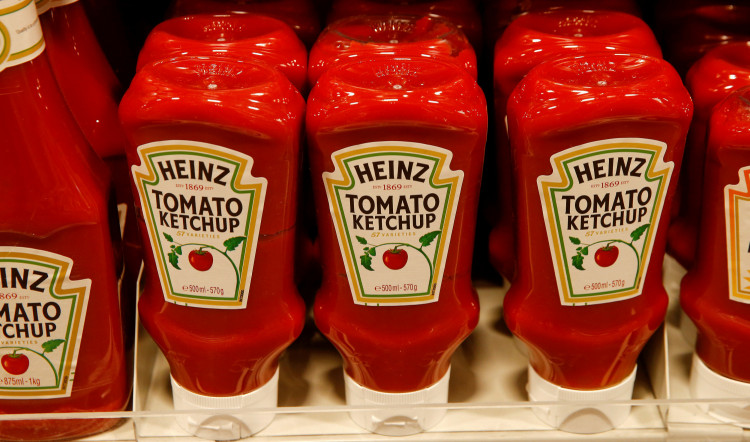Amidst a slumping sales figures and an ongoing investigation into its accounting practices, share prices for the food and beverage company, Kraft Heinz, have now dropped to a new record low. The fifth-largest food and beverage company in the world saw its stocks drop by 27 percent after it had reported less-than-stellar sales figures for 2018. The company also announced that it would write down the value of its other brands, namely Kraft and Oscar Mayer, by as much as US$15.4 billion.
The company, which was formed by the merger of Kraft Foods and Heinz, also noted that its accounting practices are currently under investigation by the US Securities and Exchange Commission (SEC) and through an internal review. However, it assured investors that the investigation does not affect its current financial results. The firm reported an extra cost of US$25 million in the fourth quarter as part of an internal investigation. The internal review was initiated following an inquiry by SEC, which questioned its reports within its procurement division.
Since the company came under the control of Berkshire Hathaway and the 3G Capital investment firm, it has shifted to a more cost-cutting approach to increase its bottom line. The overall strategy has had mixed results, with the company reportedly losing US$10.2 billion in 2018. The US food giant mainly blamed its flat sales of US$26.2 billion on increasingly expensive logistics costs and higher manufacturing costs.
Kraft Heinz CEO Bernardo Hees mentioned in the company's recent investors meeting that he is still optimistic that his strategies will be able to deliver by the end of the year. The executive assured investors that profit would return, but it may still take some time for it to do so. The executive also clarified that the weak first quarter performance was mostly due to currency fluctuations and the sale of parts of the company. It was also explained that the losses were part of the company's recent strategy of lowering prices in the United States to increase sales numbers and attract new customers.
The company had recently taken a huge hit from a decrease in consumer demand for processed foods. It has also faced increased competition from other less expensive retail brands that have recently come into the market. Hees acknowledged these challenges and mentioned that it is really nothing new for the company. Kraft Heinz share prices fell below US$35 at the end of the trading day last week. Shares of rival food and beverage companies, such as General Mills, Unilever, and Nestle also fell in response.





